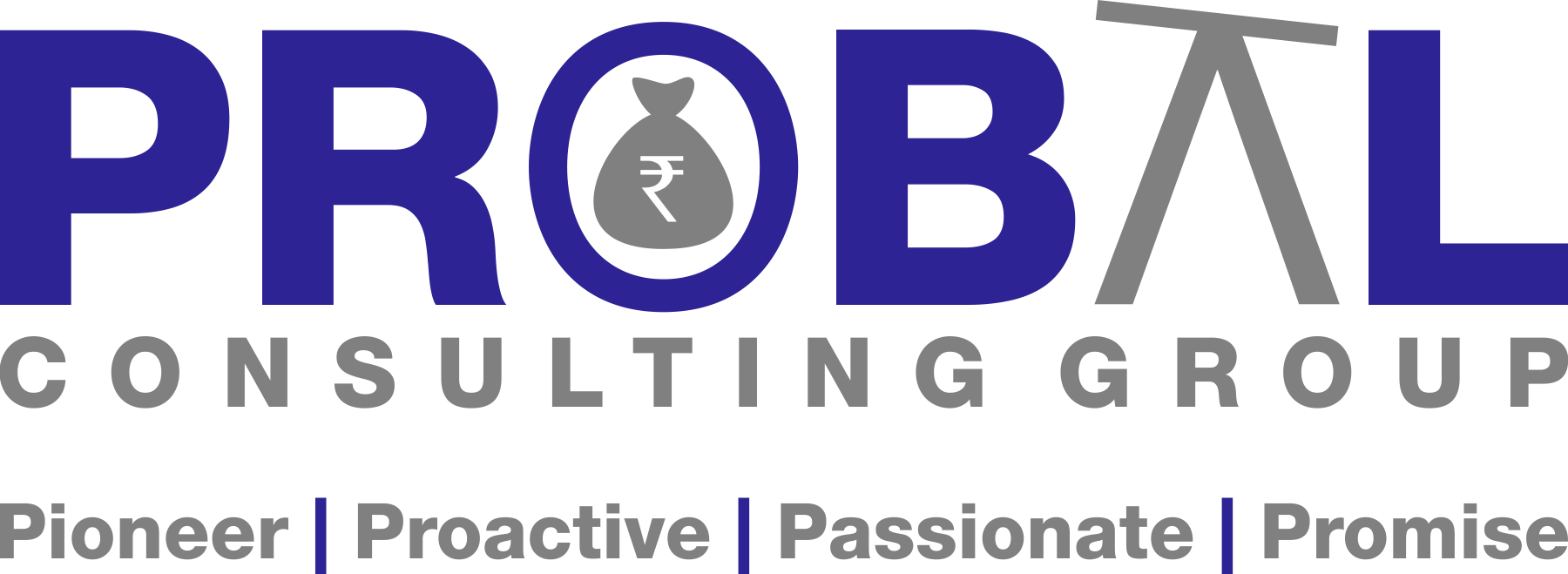

Un-interrupted cash flow is essential for smooth Business operations. There are numerous daily expenses like accounts, payables, salaries, wages & other similar costs that need to be met for running a Business. The collateral-free loan offered by Banks and NBFCs to fulfill these day-to-day needs of a Business is called Working Capital Loan.
The primary difference between a Term loan and a Working Capital loan is, the fund from the latter cannot be used to buy any fixed assets or long-term investments. Numerous Banks across India offer such loans to the Business with a floating rate of interest and tenure ranging from 12 months to 84 months.
In this blog, we are going to discuss these Working Capital loans and their types.
So let us get started.
Types of Working Capital Loans
- Cash Credit (CC)
These are the most common type of Working capital loans availed by the Businesses in India. In this type of loan, the lending bank offers the borrower a specific limit of credit the borrower can use to meet the daily Business needs and payments. The cash credit limit depends on multiple factors like annual turnover, debtors, existing stock, & unpaid creditors.
The best part is that you will have to pay the interest on the amount you have withdrawn and not your total sanctioned CC.
- Bank Over Draft
Over Draft or OD is somewhat similar to the Cash credit. The borrower can avail a certain sum of money from the lender to pay for day to day business operations. These type of loans are best suited for the Small businesses as the borrower can deposit the part of amount whenever he/she receives the payment, reducing the interest.
The rate of interest and amount of loan sanctioned generally depends on factors like the relation between the lender and borrower, Funds in the form of FDs and other similar factors.
- Short-term loans
These loans come with predefined Lending period and repayment schedules. They are best-suited to meet the sudden cash-crunch in the Business. Unlike ODs and CCs, these are full-fledged loans. Any failure to meet the repayment schedule can attract a penalty.
If the borrower has a good credit history and often takes the credit from the lender, the Businesses can get collateral-free loans. Otherwise, these are generally secured loans.
- Trade Credit
This type of credit or loan is offered to the Business owners by the existing or potential customers. Certain factors play a role in these loans. The amount of credit and loans depends on the relation between the Supplier & buyer and the borrower’s past credit. The creditworthiness depends on liquidity & payment history.
- Bank Guarantee
Bank Guarantee is different from standard loans. Under this facility, a Bank offers the buyer’s guarantee to meet the cost of products or services if the buyer fails to pay to the seller.
For this, the Bank charges a certain amount of fee from the buyer for providing Bank-Guarantee. In case the buyer fails to meet the payment criteria, the Bank is liable to pay the amount to the seller.
- Accounts receivable Funding
There are numerous instances when a Business gets a confirmed order to form the buyer to supply certain services or products, but the seller falls short of the fund for the deliverables. This is where the Accounts receivable Funding comes in. The seller can avail the fund based on the confirm order received from the buyer. But to avail these loans, it is vital that the Business should have a superb track record of repayment and good credit history.
- Letter of Credit
Although similar to the Bank Guarantee, this type of Funding differs from Bank Guarantee on one point. Under this arrangement, a borrower will buy the Letter of Credit from the Bank and provide it to the Supplier with specific terms and condition.
Once the Supplier starts delivering the service or product, the Bank will begin paying the Supplier, and the buyer will start paying the Bank as per the agreed terms and condition. This type of credit works a safe-guards against the payment, especially in import-export Business.
- Equity Financing
In the initial stage, Businesses do not have good credit in the market. So it is not easy for them to avail the loans mentioned above. So the best option is the Equity financing where a Business can borrow the necessary fund from family, friends, or home equities.
The best part of this financing is the minimal requirement of documents and formalities.
Closing Remarks
These are some of the most common types of Working Capitals that a Business can avail to meet business operations’ day-to-day business operations. So if you are looking for quick financing to run your Business smoothly, working capital loans can do the job.
Stay tuned for my next blog, which will be about the benefits of working capital loans, and the criteria to avail them.
Probal Consulting Group is a leading Taxation, Accounting, and Compliance firm that helps individuals, MSMEs, and other businesses manage their accounting, taxation regulatory compliance affordably.


